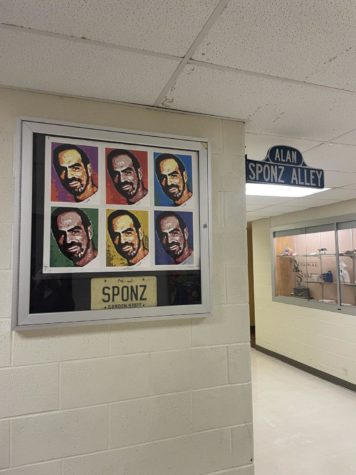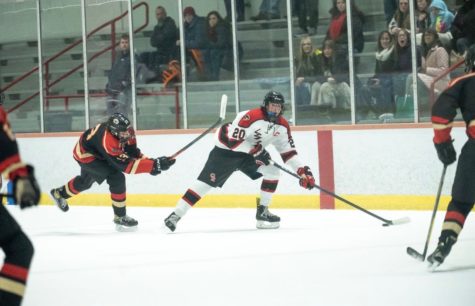Finding Time: the struggle for high school students to focus on academics and extracurriculars
“Ring!” The school bell sounds ending the long, seven hour school day. You just had an AP Biology and Algebra II test along with three classes of note-taking, and now have homework for five subjects due tomorrow and need to study for another test.
But before you can focus on schoolwork, you have basketball practice. “Thump, thump, thump!” The basketball echoes throughout the gym. Your long, grueling practice lasts two and half hours. Finally, you can go home.
Before you can do any school work, you need to take a break for dinner and a short rest, as your busy day has taken a toll on you, both mentally and physically. By the time you start your homework it is 8:00 p.m, and you do not finish until 11:00 p.m. After a short seven hours of sleep, your day starts again.
Many high school students struggle with the difficulties of taking high-level courses and participating in extracurricular activities. The pressure to succeed forces students to have to learn time management skills at a very young age.
Glen Rock High School sophomores, Alex Howe, Dylan Vila, and Lily Renga are only three of the many students to take it upon themselves to push themselves to succeed in and out of school. Each participate in at least three extracurriculars (sports, clubs, etc) and are enrolled in at least three Advanced, Honors, or AP courses.
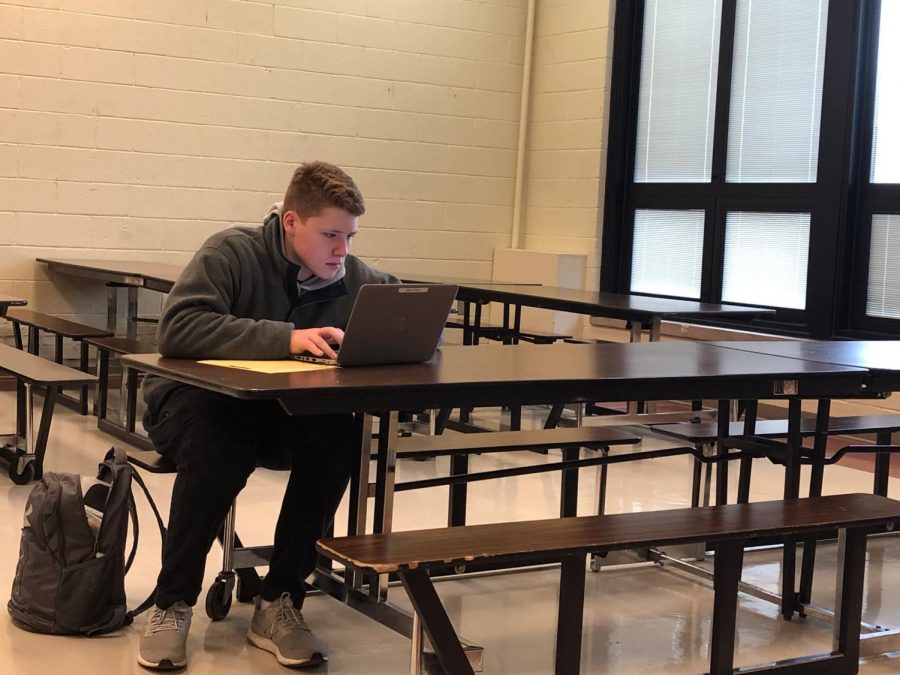
Alex Howe
Outside of his classes, Howe is a very active participant in many extracurriculars. Howe is a member of many school clubs including Debate, Robotics, Chemistry Team, Environmental Team, Spanish Club, LEAP, and DECA, and he created his own club, JSA, which focuses on leadership and civic participation. On top of this, Howe is on the lacrosse team and practices Mixed Martial Arts.

In school, Howe takes many high-level courses, including AP Environmental, AP Chemistry, AP Psychology, Honors Spanish, Honors History, and Advanced English. By taking almost all of the hardest classes offered, Howe can struggle at times keeping up with the workload.
“I think they’re definitely challenging, especially when I don’t have a lot of time,” Howe said.
Howe sometimes spends three hours or more a day on homework. However, he spends more time on extracurriculars. This is especially true for robotics, which can cause him to be at school late at night and during the weekends.
Dylan Vila
Dylan Vila is a three sport athlete. He plays soccer in the fall, basketball in the winter, and lacrosse in the spring. By playing sports in all three seasons, he starts practicing in August, and does not finish until May. With very small breaks between seasons, Vila essentially has sports almost every day for nine months.
Sports is not all Vila does. He is in clubs in school such as DECA, Freshman Transition, and Pathways. Vila takes academics seriously as well. He is in AP Chemistry, Honors Spanish, Honors Algebra III/Differential Calculus, Advanced English, and Advanced Broadcast. With his time commitment to sports, sometimes it is challenging for him to prepare for school as much as he would like to.
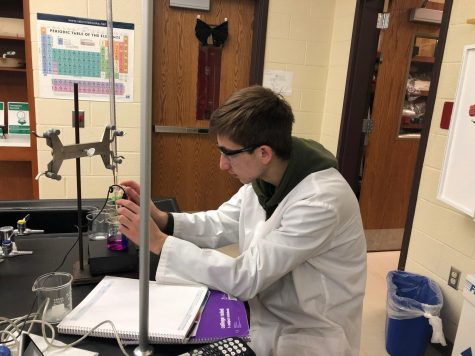
“It’s just a lot of time and hard classes. Some nights for basketball we’re not getting home until 9:15 and then I have to study for a test and do all my homework,” Vila said.
Because of his extensive commitment to his teams, Vila spends more time on extracurriculars than homework. He spends between two and three hours each day for practices, and sometimes spends even more time on days he has games. Vila spends around two hours a day on homework.
Lily Renga
Renga exemplifies a student who takes challenging classes along with multiple sports. These classes include AP Psychology, Honors Chemistry, Honors Spanish, Advanced English, and Advanced Algebra II. From these classes Renga has a heavy workload constantly.
Renga had different expectations for each class heading into the school year. With around half the year complete, Renga looked back on those expectations.
“Definitely harder for math. I think it’s easier for AP Psychology and English and definitely harder for chem,” Renga said.
Renga spends extensive time on extracurriculars as well. She plays two sports, soccer and basketball. She also participates in multiple clubs such as DECA and Relay for Life.
Renga has a similar time commitment to extracurriculars and academics. She spends around two to three hours on each daily. However, almost all of extracurricular time goes to sports rather than clubs.
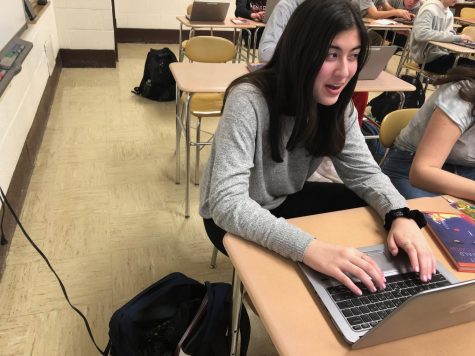
Many high school students struggle with time management. With a commitment to sports teams, clubs, and academics, students have much to do and not a lot of time to do it. Therefore, this struggle must become a skill. Students must learn how to manage their time and get enough sleep to function during the day. Sleep is vital to a teenager’s health, both physically and mentally.. Without enough sleep, students will not be able to focus on their school work and succeed at their sport.
From the experiences of Howe, Vila, and Renga it is clear that students are learning to cope with little time. In addition, most of the clubs and sports that students participate in is time spent doing something they like, which makes them feel less stressed about having little time at night.

Furthermore, the schedules of the students vary each week. While sports practice six days a week, occasionally coaches will give shorter practices or a day off to allow students to focus on academics, especially during a week with multiple games. In addition, most clubs do not last the whole year. While some weeks clubs meet multiple times and have a competition, other weeks clubs do not meet at all.
High School students work extremely hard, especially those in Advanced, Honors, or AP classes. They have homework every day, spending multiple hours on it most nights. Many play sports as well, and do not get home until late at night. Luckily, these students learn to deal with it. They figure out their own ways to manage time and complete their homework, while succeeding at their sport or club. This process for four years can be challenging, but complete the challenge and the payoff will be rewarding. Many of these students will go to a strong college and soon after get a job. To succeed in the real world, the skill of time management learned in high school will be a main reason why.
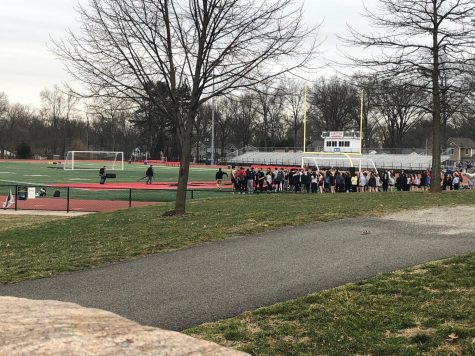

Andrew is a senior at Glen Rock High School and this is his third year writing for The Glen Echo. Andrew enjoys spending time with friends, playing baseball,...



